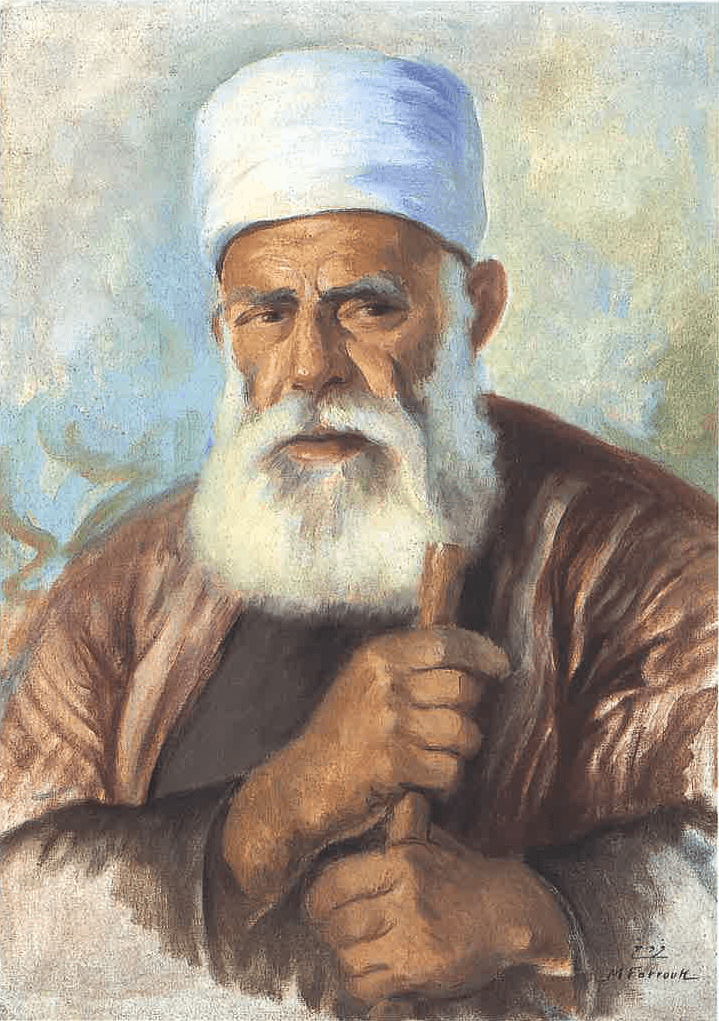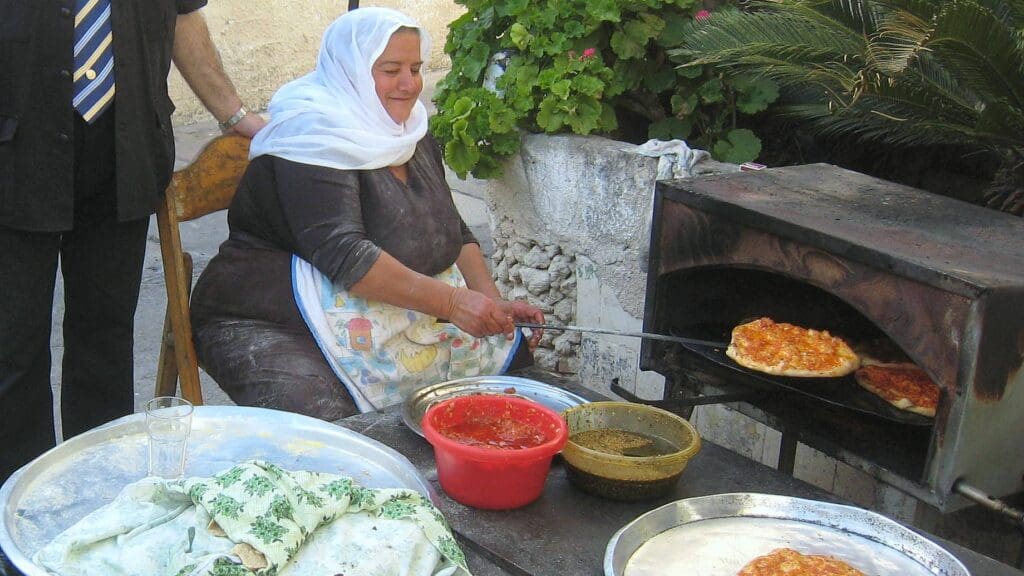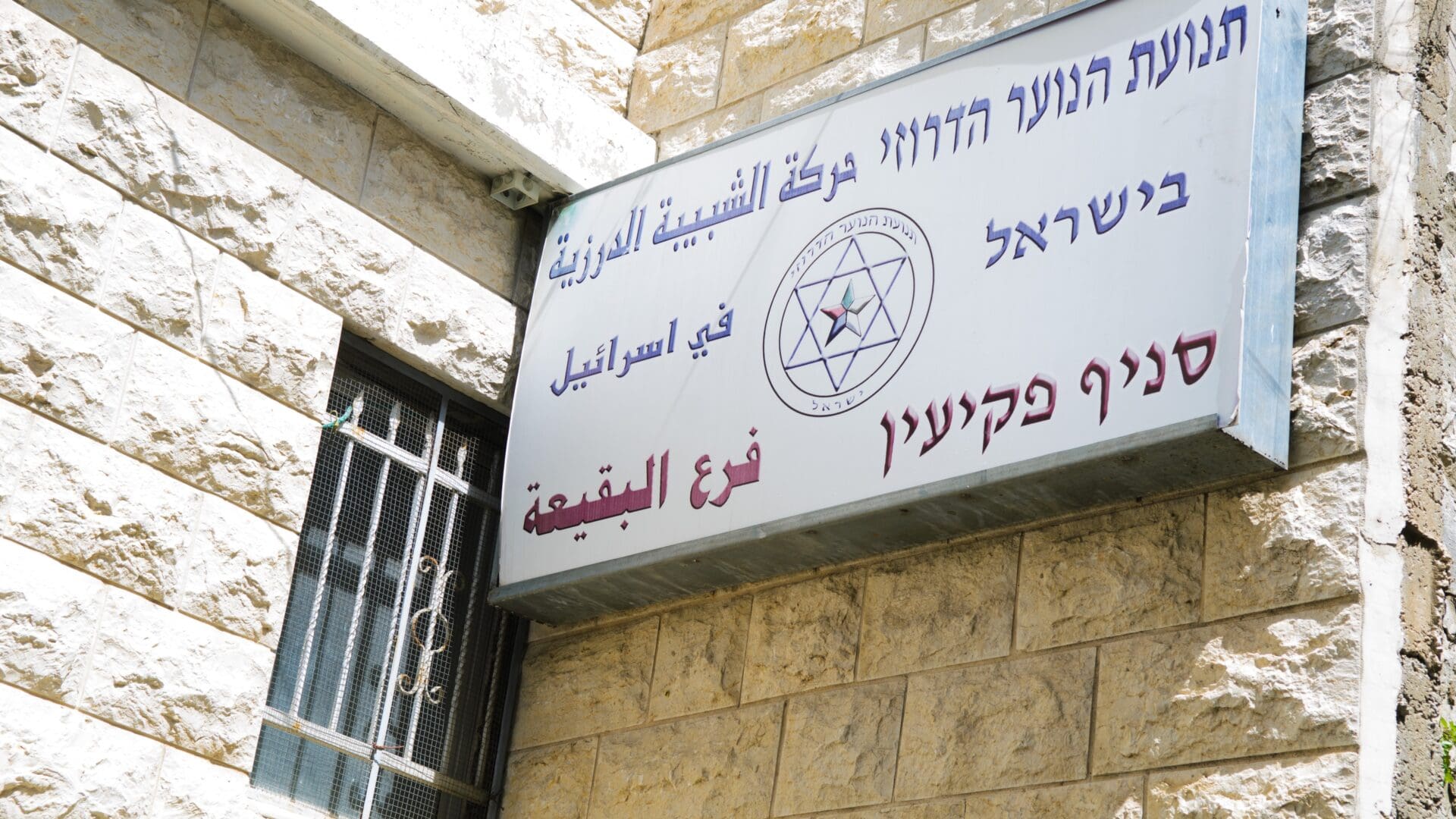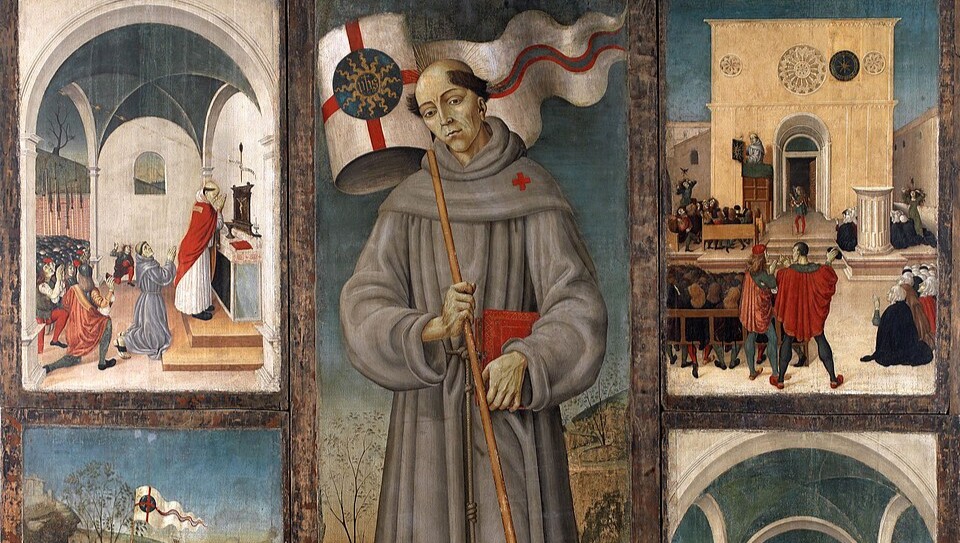The State of Israel conscripts few of its non-Jewish citizens into the Israeli Defense Forces (IDF), the army of the country. However, one small and esoteric ethnoreligious group is a notable exception. The Druze are required to serve in the army, as this group had sided with Israel and the Jews ever since the formation of the Jewish state.
The most unusual about this is that the Druze, after all, are ethnically Arab people, speaking a dialect of the Arabic language as well. Another interesting fact is that, during the Syrian Civil War, the Druze also side with the government of Assad, against the rebels. So, the question naturally arises: how come an Arab ethnic group opposes Jihadist-infused rebel movements so vehemently? This article will attempt to answer the question.
Overview
The Druze religious sect was formed in the 11th century. Their core beliefs were, and still are, the unity and oneness of God, the immortality of the soul, and reincarnation. While a monotheistic and Abrahamic religion, it is also syncretic, blending elements of Islam, Christianity, and Buddhism, among other faiths. Conversion is prohibited, and so is apostasy, while inter-faith marriages are discouraged.
As noted, the Druze are an Arab people. What made them a distinct ethnic group is that their religion has encouraged endogamy. The Druze have married among each other for centuries, which separated them from other Arab and Muslim peoples. Their current number is set between 800,000 and 2 million, making them one of the biggest religious groups in the Middle East. Most of the Druze live in Lebanon, but they are also numerous in Israel and Syria.

The Druze religious teaching had been shaped by many; however, their most prominent founder was al-Darazi, a Central Asian preacher, who arrived in Cairo in the 11th century, and taught that people must adhere to strict monotheism. He, furthermore, also preached that faith and helping each other supersedes the other Islamic tenets of the religion, like fasting, praying, or going on a pilgrimage. Al-Darazi quickly found zealous followers among the Shia Muslims. These adherents, who therefore got isolated from the other Muslims, later became known as Druze.
The Druze theology absorbed many elements from other Abrahamic religions, and even from Buddhism, Hinduism, and Greek philosophies,
among other belief-systems. Among other Biblical figures, the Druze recognize Jesus and Moses as prophets or teachers, the latter also making their coexistence with the Israeli Jews more seamless.
Muslims often considered the Druze heretics, and therefore condemned them. Under most of the Islamic empires—including the Fatimid Caliphate, the Mamluk Empire, or the Ottomans—, the Druze lived as outcasts, and were persecuted, or tried to be forced to conversion. This further strengthened their cohesion and separation from other, Muslim Arab groups.
The Druze in Israel
As already mentioned, most of the Druze live in the Levant, including Syria and Israel. Members of the group were instrumental in fighting the French for Syria’s independence. Yet, the successive Arab nationalist regimes of the country oppressed and forcibly assimilated them. The reason why the Druze remained loyal to the government during the Syrian Civil War was their fear of even harsher oppression by a more Islamic government. The Druze also suffered many atrocities at the hands of ISIS.

If their commitment to survive in the sea of Islamic nations forced the Druze to ally themselves with the dictatorial and pan-Arabist Syrian regime, it is only understandable that they are firmly aligned with Israel. Furthermore, as the Druze were in constant conflict with the Ottoman Empire, facing discrimination, a new, non-Islamic regime for them was a relief. During the Israeli War of Independence, the Druze community was divided. Many of their tribal leaders sided with the Jews, however, it was the Arab side that recruited Druze volunteers. Yet, the Jewish fighters mostly left their villages alone, and did not expel them or raze their homes. Consequently, after the war, the Druze community started to side with Israel, participating in the country’s society, serving in the army, paying taxes, and not supporting the Palestinians in their struggles. In 1957, Israel officially recognized them as a distinct religious community.
However, it must be noted that Druze of the Golan Heights region are not pro-Israeli. Until Israel captured the territory in 1967, these Druze were Syrian citizens, a claim they have retained since. Most of them did not apply for Israeli citizenship and detest the Jewish rule in the region.
Today there are about 143,000 Druze living in Israel, making up around one to two per cent of the population. The Druze mostly settled in Northern Israel, as well as in the Golan Heights. The Israeli Druze have the highest rate in almost all socioeconomic areas, from employment to finishing secondary school among Arab Israeli citizens, being second only to the Israeli Christians.
Therefore, the Druze are highly integrated into the Israeli society.
According to a poll, 94 per cent of them consider themselves ‘Druze Israelis’, as opposed to Arab, or other, non-Israeli-aligned identities. However, there is still widespread discrimination against them in many areas, and most of them wilfully isolate themselves from Jews in a social sense.
As it was mentioned above, the Druze serve in the Israeli army: this bond between Jews and Druze is known as ‘Covenant of Blood’. While, for decades, the Druze had their own battalion, many of them rather signed up for Jewish combat formations, and in fact there have also been Druze voices calling for disbanding the separate unit entirely. This was ultimately achieved in 2015, with the Druze currently being conscripted, and volunteering, and integrated into regular units. According to some Druze opinions, members of their ethnic group already serve in the army, including the special forces, in disproportionally great numbers.

The Druze are also represented in the political elite of Israel. According to a poll, 90 per cent vote in Israeli elections. Furthermore, the proportion of Druze politicians exceeds their share in the population. In fact, in the 1950s, it was the Druze leaders who pushed for their official collective recognition, as well as their compulsory military service to be legislated, hoping to be better integrated into Israeli society. However, despite their general success, Druze communities also report discrimination. For instance, during the early 2000s, the Druze received less land from a land distribution programme than Jews or even Palestinians. The Druze also face workplace discrimination, and seldom live in Jewish towns, or even interact much with Jews outside the army.
After the Nation-State Law was passed in 2018, defining Israel as an exclusively Jewish state, more Druze started to refuse to serve in the IDF. Thus the continuing exclusion and discrimination threatens the ‘covenant of blood’.
Conclusion
It can be said that the Israeli Druze represent a peculiar and special minority in the Middle East, being neither Muslim, nor Jewish, and not identifying with their Arab heritage. Their distinct religion made them outcasts under Ottoman and other Islamic rules, but, on the other hand, enabled them to integrate into Israeli society. This is demonstrated most evidently by their role in the Israeli army. While the Druze people still face some discrimination, they, as opposed to most Palestinians, aim to solve their existing problems in the framework of Israeli politics and society. The Druze want to gain and preserve more space under the sun of Israel, rather than fight it or wish to eradicate it.








